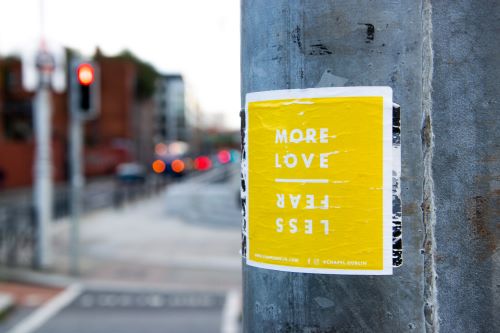
March 15, 2020
By Tobey Mandel, PhD, Psychologist
By now, most of us have heard, if not been inundated with news, about the most recent coronavirus. Every time we click refresh, turn on our televisions, or chat with neighbours it seems to come up. Though updates on this virus are useful in the sense that we want to be aware of potential risks so that we can take reasonable precautions (hand washing, using your elbow to cough, minimizing social gatherings etc.), the amount of fear that these issues create is a (mental) health risk of its own.
Why do these issues create such fear?
The main variable that leads to panic is a fearful response to the unknown. Typically, as humans, we like to feel in control (we’ve even written two blog posts about this very issue, see below!), and public health scares offer us a big dose of uncertainty. Ironically, much of our life is uncertain, however we often develop ways to ignore that fact to give ourselves the illusion of control in everyday life. The news about coronavirus, however, has served as a painful reminder that life is uncertain and that is something that freaks us out. This freak out is understandable, but becomes an issue when it starts to interfere with our well-being, our ability to participate in our daily lives, and leads to a constant preoccupation with our safety.
How to better cope?
We might not be able to control everything in our physical worlds, but we can focus on the above steps to take better care of our mental health.
Previous blogs on coping with uncertainty:
https://connectepsychology.com/en/2019/04/02/the-art-of-not-knowing/
https://connectepsychology.com/en/2016/11/13/the-search-for-certainty/
Greenberger, D., Padesky, C. A., Beck, A. T. (2015). Mind over mood, second edition: Change how you feel by changing the way you think (2nd ed.). Guildford Press.
Kim, M. K., Lee, K. S., Kim, B., Choi, T. K., & Lee, S. (2016). Impact of mindfulness-based cognitive therapy on intolerance of uncertainty in patients with panic disorder. Psychiatry Investig, 13, 196-202. doi: 10.4306/pi.2016.13.2.196
Mushtag, R., Shoib, S., Shah, T., & Mushtaq, S. (2014). Relationship between loneliness, psychiatric disorders and physical health? A review on the psychological aspects of loneliness. Journal of Clinical and Diagnostic Research, 8, WE01–WE04. doi: 10.7860/JCDR/2014/10077.4828
Torbit, L., & Laposa, J. M. (2016). Group CBT for GAD: The role of change in intolerance of uncertainty in treatment outcomes. International Journal of Cognitive Therapy, 9, 356 368. https://doi.org/10.1521/ijct_2016_09_17